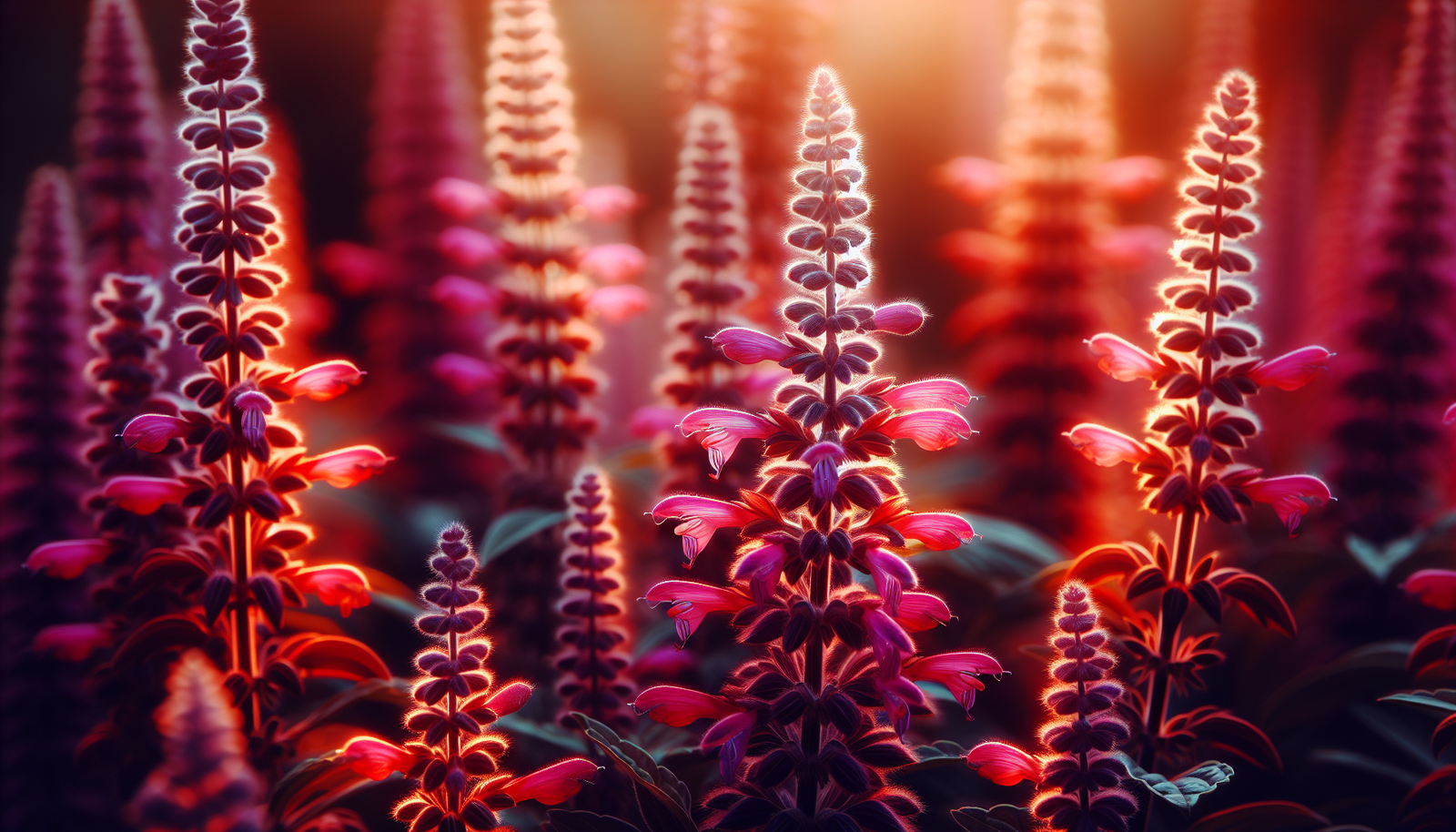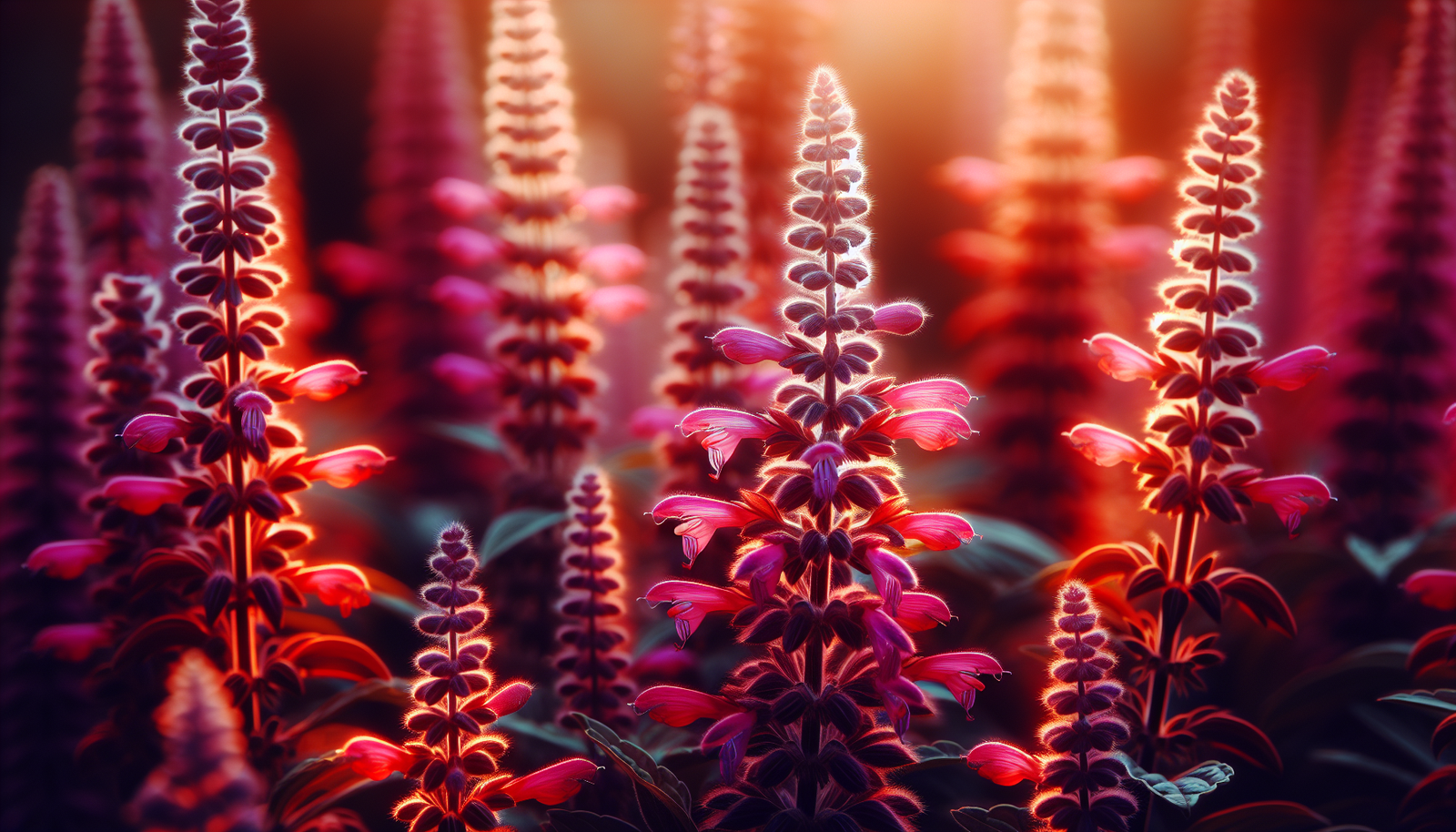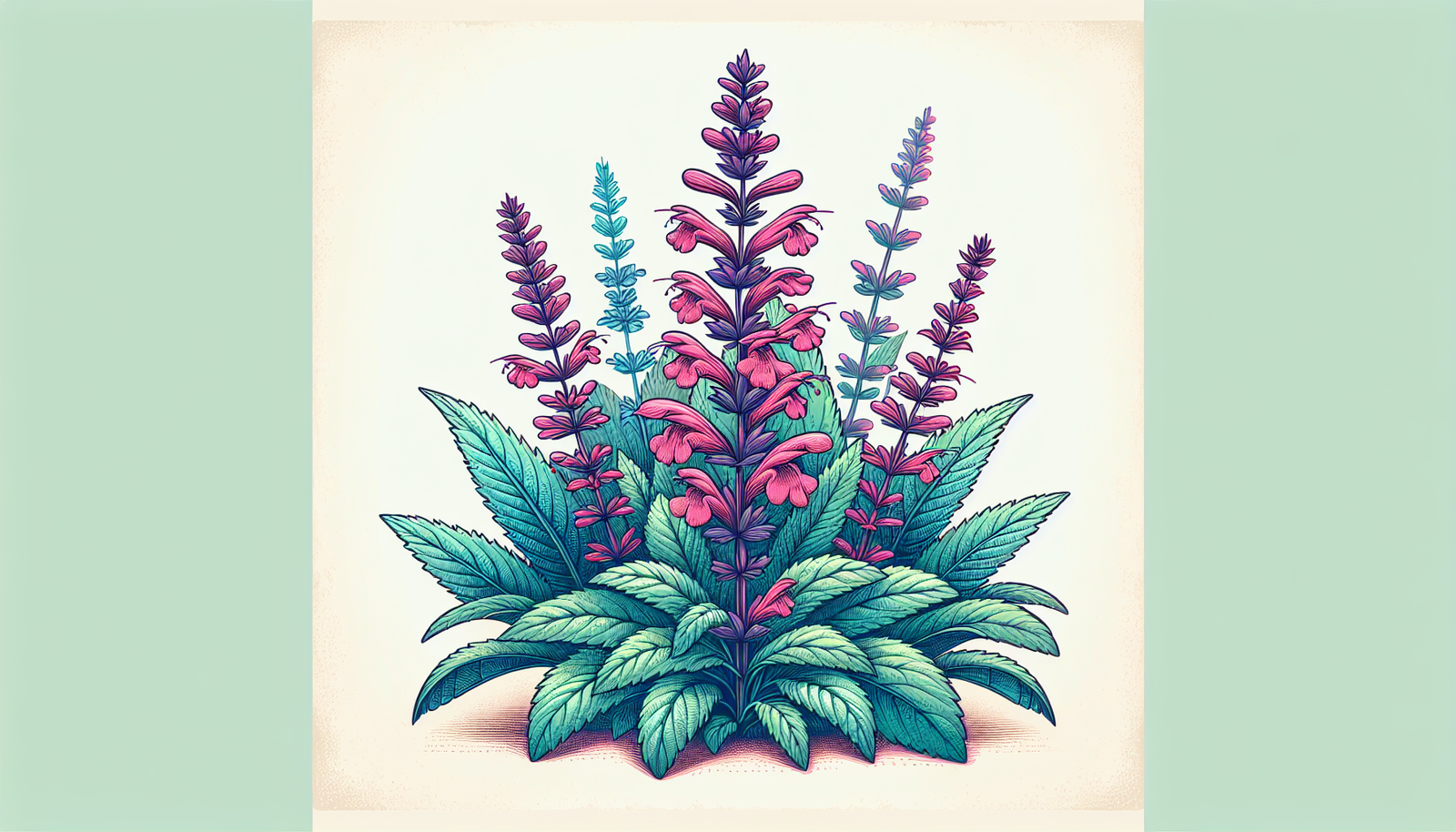
In the nuanced exploration of “Where to Buy Salvia”, the elucidation primarily revolves around potential purchasing channels for Salvia, a perennial herb with psychoactive properties. You will unravel the intricacies regarding various sources, from local outlets to online vendors, while also gleaning crucial insights into the legality and safety issues that often emerge alongside the acquisition of such a peculiar plant. This examination seeks to serve as your comprehensive guide, enhancing your understanding of the intricacies involved in procuring Salvia.
Understanding What Salvia Is
Salvia, commonly known as Sage, belongs to the mint family known as Lamiaceae. It’s a vast genus of plants characterized by their bold, intense colours and aromatic smells.
Historical Background of Salvia
The history of salvia dates back to thousands of years. The indigenous cultures predominantly used the plant for spiritual and medicinal purposes. Particularly, salvia divinorum, one of the types of salvia, was integral in the rituals and healing practices of Mazatec shamans.
Different Types of Salvia Plants
There are approximately 900 species of salvia worldwide. The most well-known amongst them is Salvia officinalis, often used in cooking, and Salvia divinorum, utilized for its psychoactive properties. These variants come in many sizes, colors, and growing habits, thus providing diverse options for gardening.
Uses of Salvia
Salvia has versatile uses, ranging from culinary, ornamental, to medicinal. Some species, like Salvia officinalis, are popularly used in cooking for their strong flavour. Others serve as ornamental plants due to their beautiful blooms and aromatic foliage. Historically, salvia also has a place in traditional medicine, where different cultures used it to treat a variety of ailments.
Potential Medicinal Value
Traditionally, salvia has been used to treat a broad spectrum of physical and psychological disorders. Modern scientific research is exploring its potential in managing conditions like Alzheimer’s Disease, depression and cancer. However, further comprehensive research is still needed to confirm and understand its medicinal properties fully.
Legal Considerations
Understanding the Legal Restrictions of Salvia
While some species of sage are legal and widely available, others, like Salvia divinorum, have restrictions in many regions. These regulations typically depend on the plant’s potential for misuse due to its psychoactive properties.
Variances in Salvia Regulations Globally
Global regulations regarding salvia vary significantly. In countries like the United States, the legal status is very state-specific, whereas, in others like Australia and Denmark, salvia divinorum is entirely illegal. Always check your local law before purchasing or growing salvia.
Consequences of Illegal Salvia Purchase and Use
Illegal purchase or use of salvia can lead to severe penalties, including fines and imprisonment, depending on the jurisdiction. In addition to legal implications, the use of salvia divinorum can also have health risks which are important to consider.
Purchase Salvia from Online Marketplaces
Reputed Online Platforms for Salvia Purchase
Online marketplaces like eBay, Amazon, and Etsy offer varying types of salvia plants and seeds. While they provide easy purchasing options, it’s imperative to choose reputed sellers to ensure plant quality.
Comparing Prices Across Different Platforms
Prices for salvia can vary widely based on the type, size, and age of the plant. It’s advisable to compare prices across different platforms to find the best value.
Checking Credibility of the Seller
Before making a purchase, always check a seller’s reputation, reviews, and ratings. Such factors provide insights into the seller’s credibility, providing an assurance of getting a good-quality plant.
Understanding Shipping Protocols
Every online platform has its shipping protocols, including costs, journey time, and packaging methods. Understanding these protocols can help ensure your plant reaches you in the best condition.
Buying Salvia from Physical Stores
List of Potential Stores Selling Salvia
Some physical stores selling salvia include garden centers, home improvement stores, and local plant nurseries. It’s often a good idea to phone ahead and check the availability of salvia at these locations.
Comparing Prices Across Different Stores
As with online buying, it’s advisable to compare prices across different physical stores. Doing so can help you get the best price for your chosen variant.
Examining the Quality of the Plant Physically
Buying from physical stores enables you to physically examine the plants before buying. Look for healthy leaves, strong stems, and no presence of pests or diseases.
Buying Salvia at Plant Nurseries
Finding Local Plant Nurseries That Sell Salvia
Local plant nurseries often stock a wide variety of salvia plants. These nurseries can be found via online search engines or local business directories.
Purchasing From a Nursery Versus a Store
Purchasing from a nursery often guarantees a wider choice of plant types and sizes. Nurseries are also likely to have staff with specific plant knowledge who can offer excellent guidance and tips.
Understanding the Origin of the Plants
When buying from a nursery, try to understand where the plants come from. Locally-grown plants are likely to be more suited to your local climate.
Buying Salvia Seeds for Home Cultivation
Where to Find Salvia Seeds
Salvia seeds are often found in garden centers, online marketplaces, and plant nurseries. Seeds are a fantastic option for those who enjoy the process of growing plants from scratch.
Choosing a Suitable Type of Salvia for Cultivation
Choose a type of salvia that matches your garden conditions and personal taste. Consider factors like the plant’s mature size, bloom color, and growing needs while making your decision.
Growing Conditions of Salvia
Different salvia species have different growing conditions. However, most prefer full sun, well-draining soil, and require regular watering.
Nurturing Salvia from Seeds to Mature Plant
Germinating salvia seeds requires certain conditions—temperature-controlled environment, adequate lighting, and constant moisture. Once germinated, the seedlings will need to be transferred into pots or directly into the garden. Regular watering, pruning, and pest control will help your salvia plants thrive.
Attending Plant Fairs and Expos for Salvia Purchase
Identifying Local Garden Fairs and Expos
Local garden fairs and expos often showcase a wide variety of plants, including salvia. These events can be found through local community boards, newspapers, or online search engines.
Pros and Cons of Buying Salvia at Expos
Buying salvia at a plant expo allows you to explore a wide variety of types and talk directly with growers. However, the main disadvantage is that these events usually occur only a few times a year.
Ensuring Plant Quality at These Events
As with physical stores, assessing plant quality at garden fairs or expos entails looking for healthy leaves, strong stems, and the absence of pests or diseases.
Purchasing From Sustainable and Ethical Sources
Understanding What Makes a Source Sustainable
Sustainable sources are those that consider and minimize their environmental impact. This might include using organic growing methods, recycling pots, or using minimal packaging.
How to Identify Ethical Suppliers
Ethical suppliers engage in fair trade practices and ensure that their growers are paid decent wages. They would also refrain from using pesticides or other harmful substances. Look for certifications or check their company policies to identify them.
Benefits of Buying from Ethical and Sustainable Sources
Purchasing from ethical and sustainable sources not only helps to protect the environment but also supports fair labor practices. This ensures that your purchase has a more significant positive impact on the world.
Pre-Purchase Considerations for Salvia Plants
Understanding Your Local Climate and Its Suitability for Salvia
Ensure that salvia is suitable for your local climate before purchasing. While most salvia plants like a sunny, well-drained position, some types may also tolerate shade or damp.
Choosing Between a Salvia Plant and Seeds
Choosing between a salvia plant and seeds often depends on your gardening experience, patience, and personal preference. While plants gives instant gratification, seeds offer a rewarding, hands-on experience.
Deciding Where the Plant Will Go in Your Garden or Home
Before purchasing, have a clear idea of where the plant will go in your garden or home. This will help determine the size and type of salvia plant you need.
Cost Considerations
Consider your budget when deciding to purchase a salvia plant. Costs can vary greatly depending on the size, type, and rarity of the plant.
Post-Purchase Care for Salvia
Proper Watering Techniques for Salvia
Salvia plants generally prefer well-drained soil. Overwatering can lead to root rot, so it’s essential that the soil is allowed to dry out between waterings.
Maintaining the Right Light Conditions
Most salvia plants prefer full sun, but some tolerate shade. Understand the light needs for your specific salvia type to ensure it thrives.
Preventing and Treating Common Salvia Diseases and Pests
Salvia plants are generally robust and disease-free. However, pests like aphids can occasionally be a problem. Treat any infestations promptly with an insecticidal soap spray.
In conclusion, salvia offers beauty, fragrance and, in some cases, medicinal benefits. However, whilst buying one is as straightforward as other plant purchases, due diligence about the legal implications, growing needs and ethical considerations is key to making the right choices. Careful nurturing post-purchase will ensure salvia’s quick acclimation, health, and prosperity in your lovely garden or a sunny indoor spot.






Leave a Reply